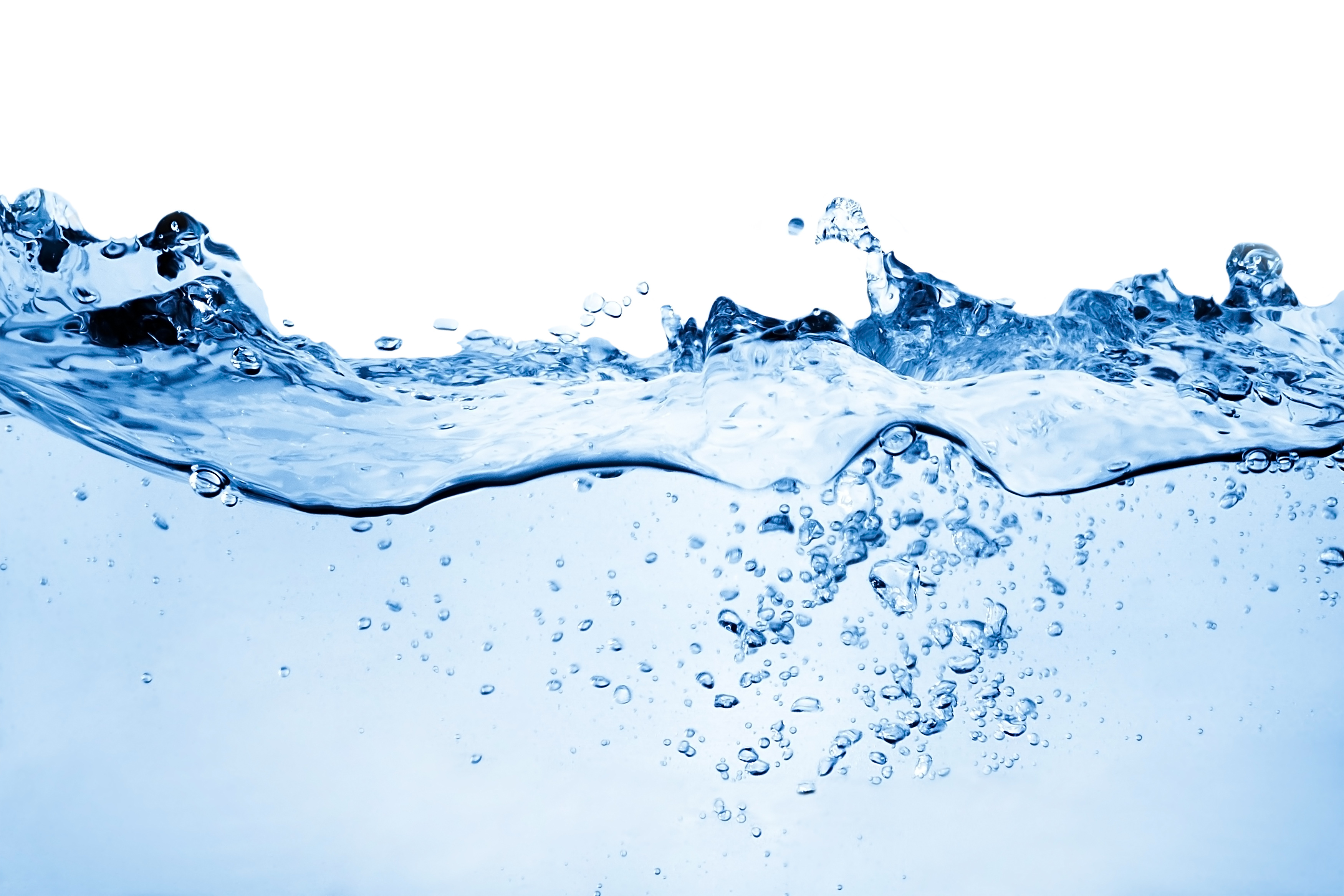
Water heater woes can lead to significant energy waste and sky-high utility bills. This thorough guide dives deep into maximizing your water heater’s efficiency, offering practical solutions for lowering your energy consumption and enjoying lower utility costs. A well-maintained and properly functioning water heater not only saves you money but also contributes to a more environmentally conscious home. We’ll explore common water heater problems, determine their root causes, and offer actionable solutions to significantly reduce your energy bills. This article is structured into several sections: determineing common problems, understanding optimal application, maintenance strategies, troubleshooting, and final recommendations for maximizing efficiency.
determineing Common Water Heater Problems
Understanding Inefficient Water Heater application
Water heater inefficiency is often the culprit behind excessive energy bills. Problems scope from simple application habits to more complex system failures. Poor insulation is a widespread issue that can drastically reduce your water heater’s efficiency. For example, a poorly insulated water heater could lose up to 30% of its heat through poor insulation. Another major factor is an outdated water heater model. Older models typically lack modern energy-efficient technologies, leading to higher energy consumption. In addition, improper temperature settings can also lead to unnecessarily high energy consumption. Consider setting your temperature to the lowest practical level, which could significantly reduce energy use. Regular maintenance checks are crucial to preventing costly repairs and ensuring optimal performance.
Understanding Optimal Water Heater application
Adjusting Settings for Efficiency
Understanding optimal water heater application involves more than just selecting the right temperature setting. Proper water application habits can significantly impact your energy bill. Consider taking shorter showers, using cold water whenever possible for tasks like hand washing, and fixing any leaks promptly. Reducing your overall hot water demand minimizes energy consumption. Insulating your water pipes can also play a vital function, reducing heat loss and maintaining efficiency. For instance, installing insulation sleeves around your water pipes could save you 10-15% on your heating bills. Another plan is scheduling hot water use during off-peak hours to reduce demand charges and lower costs.
Related Post : The Search for Authenticity: Navigating Confusing Energy-Efficiency Labels
Maintenance Strategies for Optimal Performance
Regular Maintenance Checks
Regular maintenance checks are crucial for preventing costly repairs and ensuring optimal water heater performance. Inspecting the water heater annually for signs of corrosion, leaks, or sediment buildup can help avoid major breakdowns. Sediment buildup can severely reduce your water heater’s efficiency over time, potentially costing you significantly more on your energy bills. Performing these checks, such as checking for sediment and rust, can ensure long-term efficiency. For instance, routine maintenance could uncover a minor leak that, if left unattended, could eventually lead to significant water damage and high repair costs. Scheduling annual maintenance is also key for preventing unforeseen issues and ensuring your water heater runs efficiently.
Troubleshooting Common Issues
Diagnosing and Fixing Problems
Troubleshooting common water heater issues involves several steps. First, understand the signs of an inefficient water heater, including unusually high energy bills, low water pressure, and inconsistent water temperature. Consult online resources, seek assistance from a qualified technician, or utilize online forums for troubleshooting guidance. A professional plumber or HVAC technician can offer a thorough check of your system, diagnose any malfunction, and recommend the necessary repair methods. Some common fixes include replacing the heating element, repairing a cracked tank, or addressing issues with the thermostat.
Maximizing Efficiency for Lower Costs
Choosing the Right Water Heater
Choosing the right water heater can drastically impact your energy consumption. Energy-efficient models are available and offer significant savings over time. Modern models utilize advanced technologies like tankless heaters, which heat water only when needed, outcomeing in reduced energy waste. Consider factors like energy efficiency ratings, attributes, and cost-efficacy when selecting a new water heater. For example, upgrading to a tankless water heater can outcome in substantial savings over the long run compared to traditional tank models. Understanding the varied types of water heaters and their respective benefits will allow you to select a model that optimal suits your needs and minimizes energy consumption.
Conclusion (repeated)
Opening (repeated)
determineing Common Water Heater Problems (repeated)
Understanding Optimal Water Heater application (repeated)
In conclusion, optimizing your water heater for maximum efficiency is a smart move for reducing utility costs and improving your home’s sustainability. By addressing issues like inadequate insulation, outdated models, and improper water application habits, you can significantly lower your energy consumption. This article has outlined key strategies to determine and resolve these concerns, ultimately paving the way for substantial cost savings and a more sustainable approach to your home’s water heating needs. Consider scheduling a professional inspection to ensure your system is operating at peak efficiency. This proactive step can prevent future issues and ensure long-term savings.